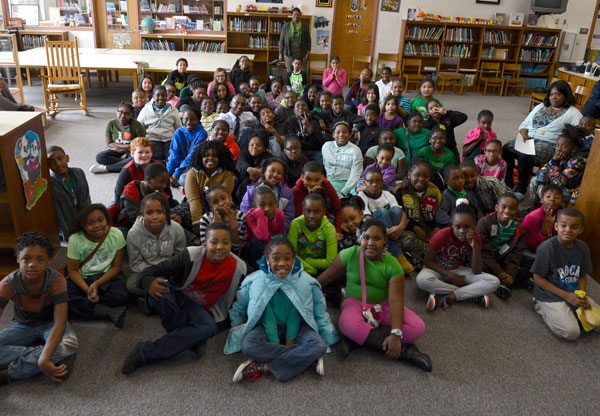
April 12, 2018; Sumter Item
How do we assess the value and impact of a public school? Do we weigh it mainly by its educational effectiveness, as measured by its test scores? Do we measure it based on its cost per student? Do we consider its impact as a community asset? Or, is it just a pawn in larger political battle?
These questions become very relevant when school leaders are asked to choose which schools, if any, to close. A dispute over the closing of two rural South Carolina schools illustrates how complicated and politically fraught school closing decisions can become.
According to the Sumter Item, the Sumter School Board “voted in favor of Interim Superintendent Debbie Hamm’s proposal to close Mayewood Middle School and F.J. DeLaine Elementary School at the end of this school year and consolidate those students and teachers into nearby schools to create magnet schools with special programming.”
The rationale seemed quite straightforward, prompted by the district’s financial problems, including running a $6.2 million operating deficit in fiscal 2016. The selection of these two specific schools, according to the district’s administration, was done with a commitment to ensuring that “any changes would be educationally beneficial to children, continue educational services in the rural areas of the county and minimize transportation time to new schools. Other considerations included enhancing the image of Sumter School District to help with teacher recruitment, among other factors.” The school district estimates that closing the two schools will reduce costs for the district by $2.4 million. Still, the decision to close was controversial, passing narrowly on a 5-3 vote, with both board members whose districts included the closed schools voting against the motion, along with the school board chair.
Sign up for our free newsletters
Subscribe to NPQ's newsletters to have our top stories delivered directly to your inbox.
By signing up, you agree to our privacy policy and terms of use, and to receive messages from NPQ and our partners.
From the perspective of the NAACP Legal Defense Fund (LDF), the story is even more complicated. In a letter to the Sumter School Board, the LDF, along with local nonprofit The Family Unit, “expressed concerns surrounding the rushed and non-transparent process that has surrounded the proposals to close schools attended by predominately Black students.”
The schools, according to the LDF, are “located in rural areas of Sumter County and are considered part of South Carolina’s notorious Corridor of Shame because of the State’s unconstitutional chronic underfunding of these schools.”
Each school’s student body is majority-Black and low-income. These schools also have a long history of educating Black students when de jure and de facto segregation sanctioned white-only schools…our understanding is that white flight, in part, contributes to today’s low enrollment and over-concentration of low-income Black students in these schools. Specifically, white students with access to private transportation chose to travel to urban areas of Sumter County to enroll in school. Residents also have attributed low-enrollment in these schools to inequitable school zoning and attendance lines; that is, decisions which do not assign students to these schools but other ones.
The LDF and The Family Unit also raised questions about a process that did not engage local input and a change in the makeup of the school board. They charged that local state legislators proposed legislation that effectively reduced the political power of the district’s Black residents, permitting a decision that would affect them directly. Overriding a gubernatorial veto, the legislature added two at-large members to the board and allowed local legislators to appoint them until the next regularly scheduled school board election. Prior to this change, the majority of the board had come from districts where Black voters were the majority. The newly appointed school board members proved to be the crucial votes in approving these school closures, a decision which reversed the prior Board’s previous rejection of this plan.
School closures have become issues of contention from coast to coast, and they are seldom easy. Inadequate school funding, the desire to foster educational choice and introduce charter schools, and demographic shifts are factors pushing public school authorities to attempt to “right-size” their districts. Sumter’s experience is not atypical; too often, the decisions to close schools reflect concerns and agendas that transcend school performance and economics. The LDF asserted that the Sumter decision did not properly weigh “the various negative impacts of the school closures on the students and the surrounding communities, [that] closing neighborhood schools will have a deleterious effect on the culture and vitality of the surrounding community; and predominately Black students will bear the burden.” It is a caution that other district leaders would benefit from considering.—Martin Levine













